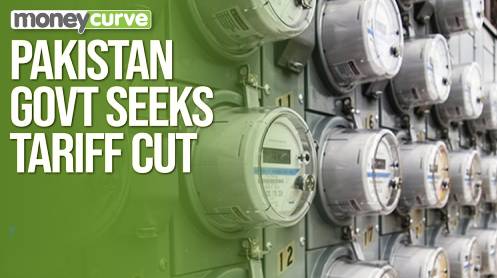Oil prices tumbled by around $4 a barrel on Monday after Israel’s retaliatory strike against Iran at the weekend bypassed oil and nuclear facilities and did not disrupt energy supplies.
Brent futures were down $4.13, or 5.43%, at $71.92 a barrel at 1445 GMT, while WTI U.S. crude futures lost $4.04, or 5.63%, to $67.74.
Both Brent and U.S. West Texas Intermediate crude futures hit their lowest since Oct. 1 at the open.
The benchmarks gained 4% last week in volatile trade as markets priced in uncertainty over the looming U.S. election and the extent of Israel’s expected response to the Iranian missile attack on Oct. 1.
Oil prices likely to fall after Israel shows restraint in strikes on Iran
Scores of Israeli jets completed three waves of strikes before dawn on Saturday against missile factories and other sites near Tehran and in western Iran in the latest exchange between the Middle Eastern rivals.
The attacks were more tailored towards military targets than U.S. officials had initially feared, amid concerns that Israel could retaliate for an Iranian missile strike on Oct. 1 by attacking Iran’s nuclear facilities or oil infrastructure.
The geopolitical risk premium that had built in oil prices in anticipation of Israel’s attack was unwinding following the strikes, analysts said.
Citi lowered its Brent price target for the next three months to $70 a barrel from $74, factoring in a lower risk premium in the near term, analysts led by Max Layton said in a note.
The fact that Israel did not target Iran’s oil infrastructure “reduced the risk premium embedded in the market and switches the narrative back to what OPEC+ might do to try and balance the market next year in view of weak demand growth,” Investec head of commodities Callum Macpherson said.
The Organization of the Petroleum Exporting Countries and its allies, a group known as OPEC+, kept oil output policy unchanged last month, including a plan to start raising output from December. The group will meet on Dec. 1 ahead of a full meeting of OPEC+.
Tensions remain high following the attack however, and Iran said it would “use all available tools” to respond to Israel’s weekend attack, Iranian Foreign Ministry spokesperson Esmaeil Baghaei said on Monday.
Commonwealth Bank of Australia analyst Vivek Dhar, meanwhile, does not expect any speedy de-escalation to conflict in the Middle East.
“Despite Israel’s choice of a low-aggression response to Iran, we have doubts that Israel and Iran’s proxies (Hamas and Hezbollah) are on track for an enduring ceasefire,” he said in a note.





